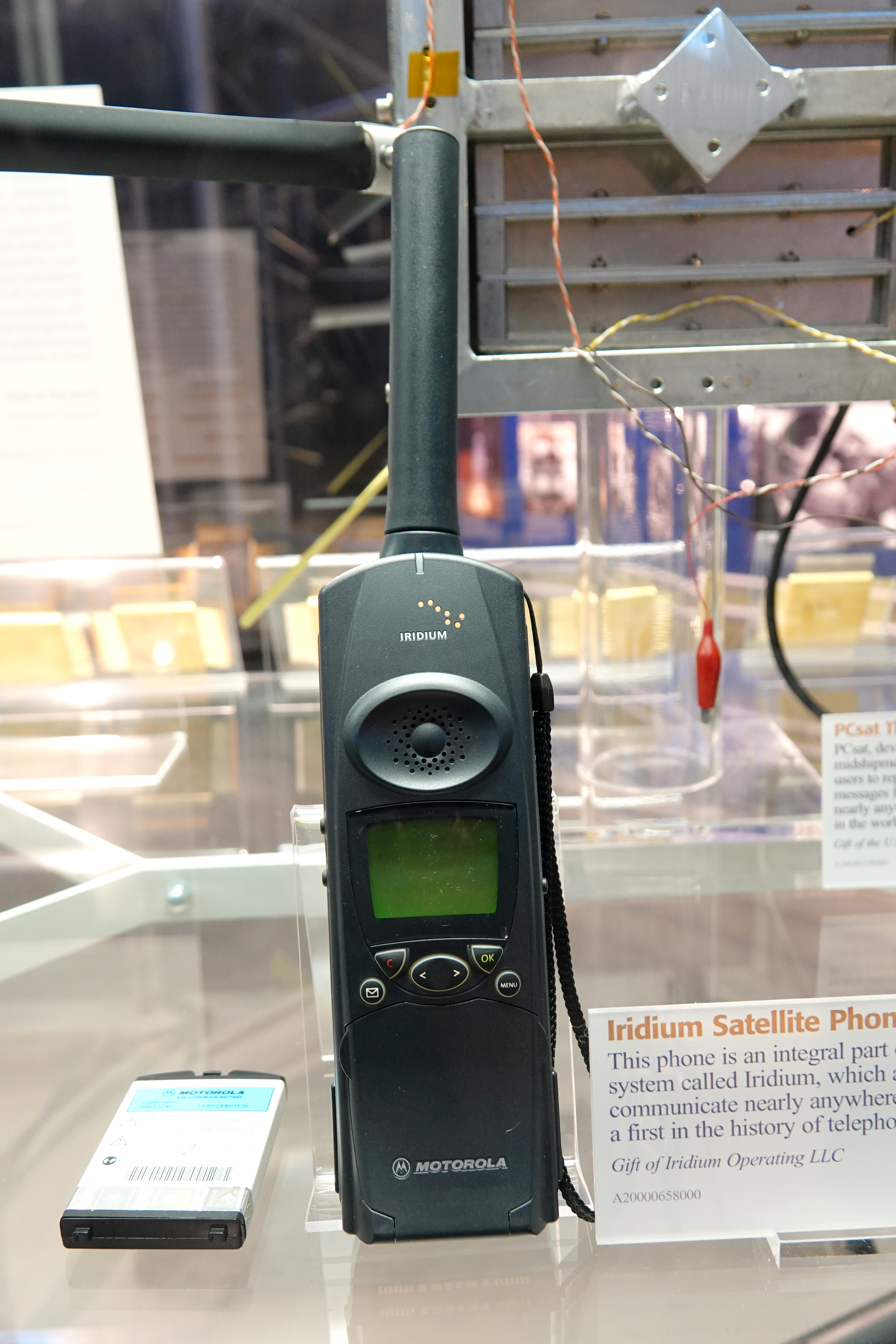|
List Of Survivalism Topics
This is an outline of topics related to Survivalism. ;Concepts * Alternative food *Alternative lifestyle * American Redoubt * CD3WD library *Ersatz good *Intentional community *Intonjutsu * Living off the land * New Tribalism *Off-the-grid *Resilience (organizational) * Risks to civilization, humans, and planet Earth *Survival skills *Shanty town *Tent city * Urban farms * Urban resilience ;Communication & navigation *2182 kHz *24-hour clock * 24-hour analog dial *Amateur radio *Citizens band radio *EPIRB *Family Radio Service *General Mobile Radio Service * GPS tracker * Military time zone *Multi-Use Radio Service * Radio silence *Satellite phone *Scanner (radio) * Survival radio *Wireless mesh network ;Tools, technologies and equipment etc *Air-raid shelter * Bug-out bag *First aid or Wilderness first aid * Gasifier * HHO generator *Microturbine *Night-vision device *Pulsejet *Standby generator * Thermal imager ;Vehicles, aircraft, watercraft, transport etc * Bug-out ve ... [...More Info...] [...Related Items...] OR: [Wikipedia] [Google] [Baidu] |
Survivalism
Survivalism is a social movement of individuals or groups (called survivalists, doomsday preppers or preppers) who proactively prepare for emergencies, such as natural disasters, and other disasters causing disruption to social order (that is, civil disorder) caused by political or economic crises. Preparations may anticipate short-term scenarios or long-term, on scales ranging from personal adversity, to local disruption of services, to international or global catastrophe. There is no bright line dividing general emergency preparedness from in the form of survivalism (these concepts are a spectrum), but a qualitative distinction is often recognized whereby preppers/survivalists prepare especially extensively because they have higher estimations of the risk of catastrophes happening. Nonetheless, prepping can be as limited as preparing for a personal emergency (such as losing one's job, storm damage to one's home, or getting lost in wooded terrain), or it can be as extensive ... [...More Info...] [...Related Items...] OR: [Wikipedia] [Google] [Baidu] |
Urban Resilience
Urban resilience describes the ability of a city or urban community to withstand, recover from or adapt to man-made and natural disasters. This concept includes the resilience of physical infrastructure and social, health, and economic systems. History According to urban historian Roger W. Lotchin, World War II had a profound environmental impact on urban areas in the USA. By 1945, Pittsburgh and other cities along the Mississippi River experienced levels of air pollution that are comparable to the Dust Bowl. World War II more directly impacted many cities that were the site of battles and bombings, such as Hiroshima, Chongqing, Stalingrad, and Dresden. Environmental history first emerged as an academic research topic in the 1970's, initially focusing on rural areas. Pioneers of urban environmental history include: Martin Melosi, Christine Rosen, Joel A. Tarr, Peter Brimblecombe, Bill Luckin, and Christopher Hamlin. In recent years, the concept of resilience in the urban pl ... [...More Info...] [...Related Items...] OR: [Wikipedia] [Google] [Baidu] |
Satellite Phone
A satellite telephone, satellite phone or satphone is a type of mobile phone that connects to other phones or the telephone network by radio link through satellites orbiting the Earth instead of terrestrial cell sites, as cellphones do. Therefore, they can work in most geographic locations on the Earth's surface, as long as open sky and the line-of-sight between the phone and the satellite are provided. Depending on the architecture of a particular system, coverage may include the entire Earth or only specific regions. Satellite phones provide similar functionality to terrestrial mobile telephones; voice calling, text messaging, and low-bandwidth Internet access are supported through most systems. The advantage of a satellite phone is that it can be used in such regions where local terrestrial communication infrastructures, such as landline and cellular networks, are not available. Satellite phones are popular on expeditions into remote locations where there is no reliable ce ... [...More Info...] [...Related Items...] OR: [Wikipedia] [Google] [Baidu] |
Radio Silence
In telecommunications, radio silence or emissions control (EMCON) is a status in which all fixed or mobile radio stations in an area are asked to stop transmitting for safety or security reasons. The term "radio station" may include anything capable of transmitting a radio signal. A single ship, aircraft, or spacecraft, or a group of them, may also maintain radio silence. Amateur radio Wilderness Protocol The Wilderness Protocol recommends that those stations able to do so should monitor the primary (and secondary, if possible) frequency every three hours starting at 7:00p.m., local time, for 5 minutes starting at the top of every hour, or even continuously. The Wilderness Protocol is now included in both the ARRL ARES Field Resources Manual and the ARES Emergency Resources Manual. Per the manual, the protocol is: The Wilderness protocol (see page 101, August 1995 QST) calls for hams in the wilderness to announce their presence on, and to monitor, the national calling frequ ... [...More Info...] [...Related Items...] OR: [Wikipedia] [Google] [Baidu] |
Multi-Use Radio Service
In the United States, the Multi-Use Radio Service (MURS) is a licensed by rule (i.e. under part 95, subpart J, of title 47, Code of Federal Regulations) two-way radio service similar to the Citizens band (CB). Established by the U.S. Federal Communications Commission in the fall of 2000, MURS created a radio service allowing for licensed by rule (Part 95) operation in a narrow selection of the VHF band, with a power limit of 2 watts. The FCC formally defines MURS as "a private, two-way, short-distance voice or data communications service for personal or business activities of the general public." MURS stations may not be connected to the public telephone network, may not be used for store and forward operations, and radio repeaters are not permitted. In 2009, Industry Canada (IC) established a five-year transition plan, which would have permitted the use of MURS in Canada starting June 2014. In August 2014 IC announced a deferral of MURS introduction, as "the Department doe ... [...More Info...] [...Related Items...] OR: [Wikipedia] [Google] [Baidu] |




